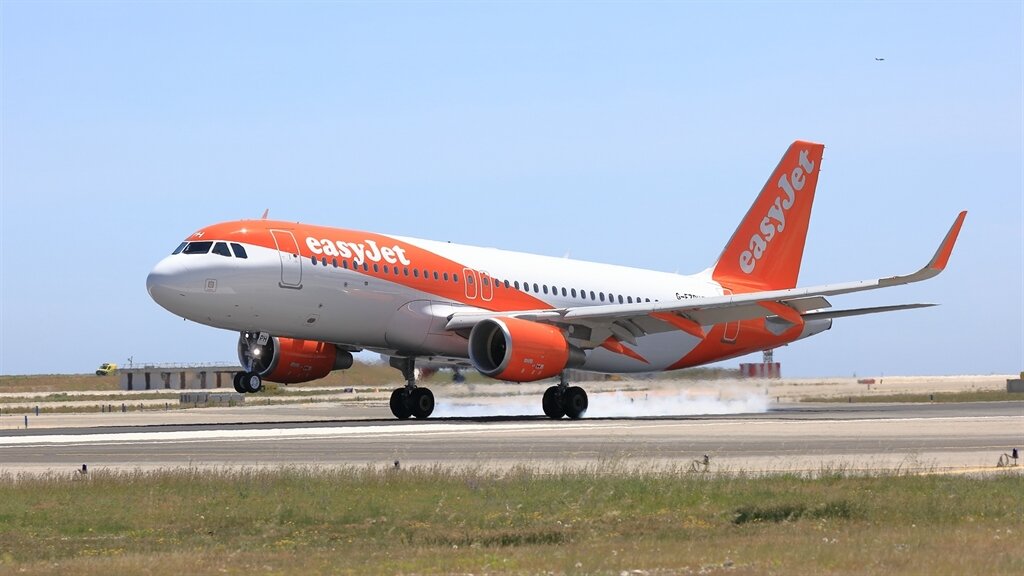Electric Evangelists

exc-5ddbd00b06cfd20fc42f1e1b
Big ideas, such as electrifying aviation, need even bigger voices to spread the word and foster innovation. And there are few names bigger in aviation than Airbus and easyJet.
Electrification is the ultimate goal. While sustainable fuel and carbon-offsetting are clearly steps in the right direction to combat the environmental impact of aviation, there’s no doubting the ultimate prize of sustainable zero-carbon electric flight. So, news this week that Airbus and easyJet have signed a Memorandum of Understanding (MoU) to promise to “decarbonise aviation” with electric aircraft is very welcome indeed.
The mission statement of the easyJet and Airbus partnership is, in the words of easyJet CEO Johan Lundgren: “To identify the detailed technical challenges and requirements for hybrid and electric planes when deployed for short-haul flying around Europe so that we can help shape the technology and airline networks of the future.
“We hope this will be an important step towards making hybrid electric planes a reality.”
With the rising trend of ‘flygskam’ or ‘flight shame’ nipping at the heels both of the commercial and of the business aviation markets, it has become more important than ever for companies to show that they are doing what they can to lower their carbon footprint.
The aviation market makes up 2% of global carbon emissions, a percentage said to be rising, and as a result the market has become a target for climate activists. This week Extinction Rebellion activists blocked entrances to Geneva’s private jet terminal – protesting against the “absurd means of transport”, and, last month, hundreds of protestors converged on London City Airport in an attempt to shut it down for the day.
But aviation is by no means the largest contributor to global warming in the transport industry. That position is claimed by the automotive sector, which accounts for 9% of annual global greenhouse gas emissions. The key difference is that electric cars are already available to us. But, individuals who choose to buy electric, diesel or petrol cars cannot as yet choose to fly electric.
‘An important step’
Both companies that have signed the MoU are no strangers to decarbonising. The airline has promised to fly electric planes on short-haul routes by 2030 and Airbus is developing several eVTOL aircraft and investing in vehicle battery makers.
This is just another step towards the future, but an important one. Perhaps this partnership between the two aviation firms will set an example to other airlines and original equipment manufacturers (OEMs) to help try to turn the dream of electric short-haul flights into reality.
And it shows confidence in electrification, helping smaller companies such as eVTOL manufacturers and electric propulsion start-ups make a business case for their technologies.
These big ideas need influential advocates, expertise, and a lot of money to get off the ground. Airbus and easyJet have all three.







